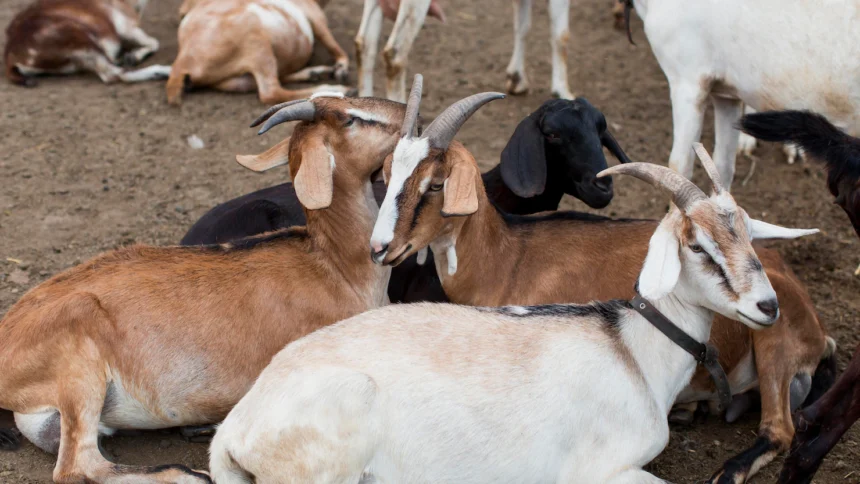Climate change poses significant challenges for livestock farmers in South Africa, as it affects the availability of water, quality of pasture, and increases the risk of extreme weather events. However, there are several adaptation strategies that livestock farmers can employ to mitigate the impacts of climate change and ensure the sustainability of their operations. Here are some key strategies:
- Diversify Livestock Breeds: Selecting livestock breeds that are more resilient to heat, drought, and diseases can enhance the adaptability of your herd. Consider breeds that are well-suited to arid or semi-arid conditions, have good heat tolerance, and require less water and forage.
- Improve Water Management: With water scarcity becoming a pressing issue, implementing efficient water management practices is crucial. Invest in water conservation techniques such as rainwater harvesting, constructing water storage facilities, and implementing drip irrigation systems to minimize water losses and ensure reliable water supply for your livestock.
- Enhance Pasture Management: Climate change can alter the growth patterns and productivity of pastures. Implement sustainable pasture management techniques such as rotational grazing, which helps preserve pasture health and resilience. Monitor and adjust stocking rates to prevent overgrazing and allow for adequate pasture recovery.
- Explore Alternative Feeds: As the availability and quality of traditional livestock feed may be affected by climate change, explore alternative feed options. This may include using drought-resistant forage species, incorporating crop residues, or utilizing agro-industrial by-products as supplementary feed sources.
- Enhance Animal Health Management: Climate change can exacerbate the prevalence of certain diseases and parasites. Implement proactive animal health management practices, including vaccination programs, regular monitoring for disease and parasite outbreaks, and maintaining appropriate hygiene and biosecurity measures.
- Strengthen Infrastructure: Extreme weather events like floods and storms can damage infrastructure, compromising livestock housing and handling facilities. Ensure that your infrastructure is resilient and can withstand such events. Invest in robust fencing, reinforced shelters, and secure water troughs to minimize potential damages.
- Diversify Income Streams: Climate change impacts can lead to fluctuating livestock prices and reduced productivity. To reduce vulnerability, consider diversifying your income streams by engaging in alternative activities such as agroforestry, eco-tourism, or value-added product development, which can provide additional sources of revenue.
- Seek Knowledge and Information: Stay updated on the latest research, best practices, and climate change adaptation strategies relevant to livestock farming. Participate in training programs, workshops, and engage with local agricultural extension services to access expert advice and resources.
- Collaborate and Network: Engage with other farmers, local communities, and agricultural organizations to share knowledge, experiences, and resources. Collaborative efforts can lead to innovative solutions and support in times of need.
- Monitor and Evaluate: Regularly monitor the performance of your adaptation strategies and evaluate their effectiveness. Keep track of key indicators such as livestock productivity, water use efficiency, and pasture health. This information will help you make informed decisions and adjust your strategies as needed.
It’s important to note that adaptation strategies may vary depending on the specific location, farm size, and livestock production system. Therefore, it is recommended to tailor these strategies to suit your individual circumstances and seek guidance from local agricultural experts.
Join 'Farmers Mag' WhatsApp Channel
Get the latest Farming news and tips delivered straight to your WhatsApp
CLICK HERE TO JOIN






